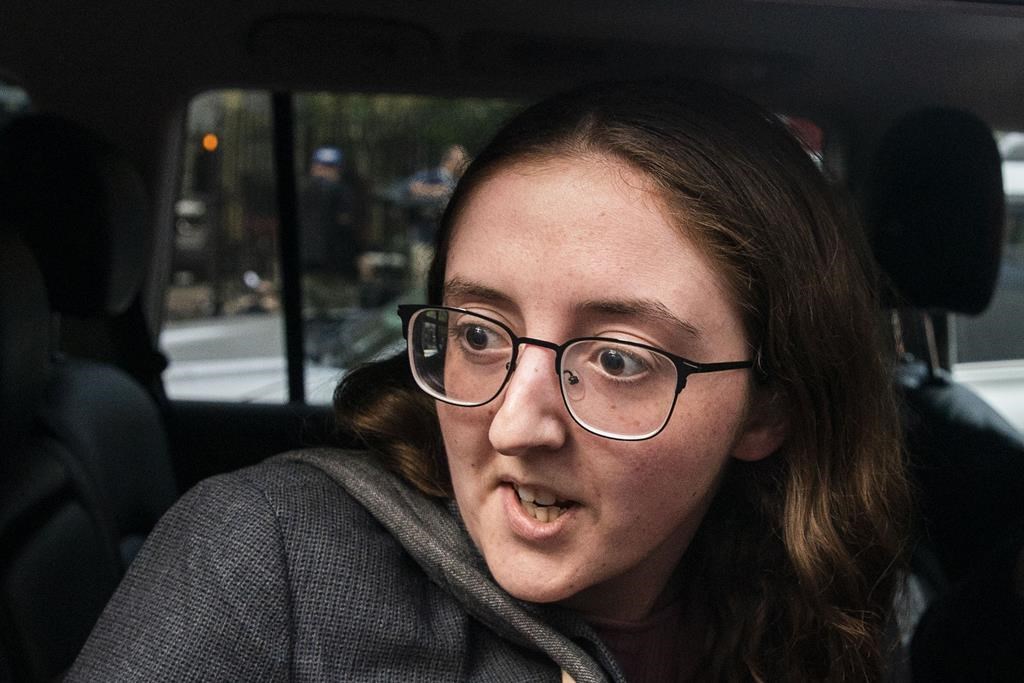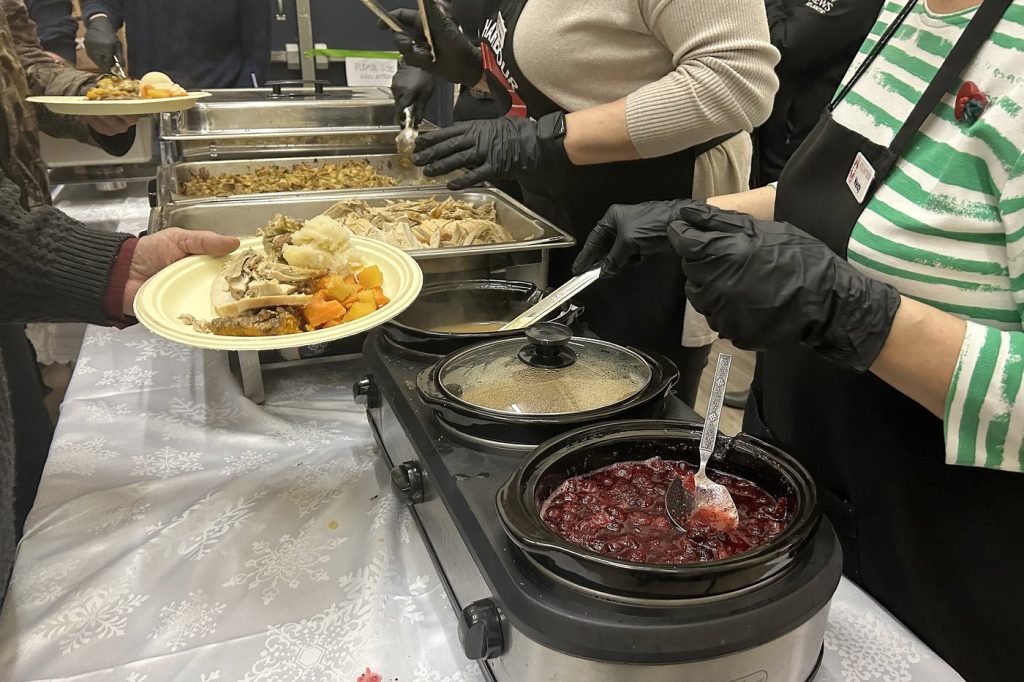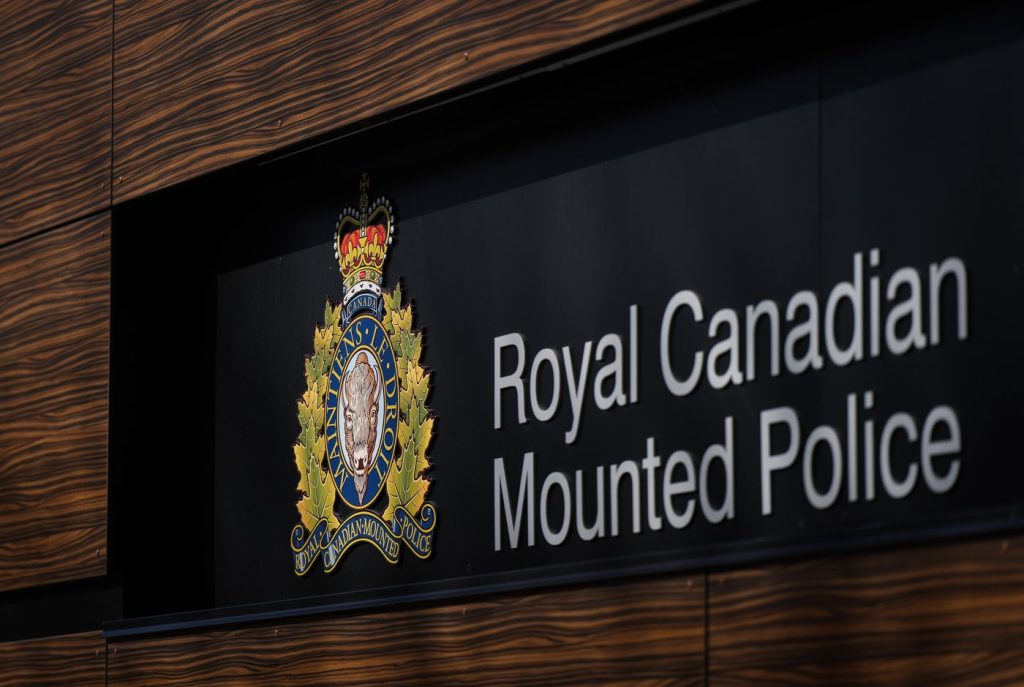Sam Bankman-Fried’s lawyer fails to hurt credibility of the government’s star witness at fraud trial

Posted Oct 12, 2023 09:15:11 PM.
NEW YORK (AP) — Sam Bankman-Fried’s lawyer did little to dent the credibility of the government’s key witness in the former crypto mogul’s fraud trial Thursday, meandering through a cross-examination of Caroline Ellison that at times left even the judge puzzled and impatient.
During the prior two days of testimony, the prosecution presented Ellison as a high-level insider who had, at Bankman-Fried’s direction, overseen the improper borrowing of funds from customers at the FTX crypto exchange run by Bankman-Fried. The funds often were used for investments at an affiliated trading firm, Alameda Research, that was headed by Ellison, Bankman-Fried’s one-time girlfriend.
Bankman-Fried’s lead defense attorney, Mark Cohen, was expected to try to shift the blame for the problems at Alameda to Ellison, following up on his opening statement in the trial where he said Bankman-Fried didn’t commit fraud and instead was trying to clean up a mess largely created by his lieutenants.
Cohen, however, seemed to struggle in his questioning of Ellison, failing to knock any holes in her testimony. He repeatedly changed topics, changed dates of discussion, often seemingly at random.
Several times, Judge Lewis A. Kaplan had to ask Cohen where he was going with his questions or what exactly he was talking about.
After Ellison finished testifying, prosecutors brought out a former software developer at Alameda who largely backed up what Ellison told the jury.
“I was utterly shocked,” said Christian Drappi, who worked for a year at the crypto trading firm and was present when Ellison came clean to Alameda employees in November 2022 that the trading firm had been using FTX customer funds. Exchanges like FTX are supposed to segregate customers’ deposits from any bets they place in the markets.
Ellison spent much of her testimony on Tuesday and Wednesday walking the jury through how she repeatedly had to tap into the customer deposits at FTX to solve problems at the hedge fund or at the exchange. FTX deposits would be withdrawn to pay for new investments or political donations, or to hide steep losses on Alameda’s balance sheet, she testified. All of this was done at the direction of Bankman-Fried, she said.
When the losses at Alameda became so big in November 2022, it became necessary to shut down the trading firm and sell FTX to potentially save the two entities from bankruptcy. Ellison held a all-hands meeting that week, which was recorded by an Alameda employee and given to government investigators.
In those audio tapes played for the jury, Alameda employees asked Ellison whether the decision to borrow FTX customer funds was a “YOLO” decision, an acronym meaning “you only live once,” implying that it had been done impulsively.
No, Ellison told employees, on those tapes. It was done over a period of years.
Drappi testified he resigned 24 hours later after that meeting.
Ellison, 28, pleaded guilty to fraud charges in December, when Bankman-Fried was extradited to the United States from the Bahamas. Bankman-Fried, 31, has pleaded not guilty to fraud charges.
Initially confined to his parents’ Palo Alto, California, home under terms of a $250 million bond, Bankman-Fried has been jailed since August after Judge Kaplan concluded that he had tried to improperly influence potential witnesses, including Ellison.
__
Reporter Larry Neumeister contributed to this article.
Ken Sweet (), The Associated Press








